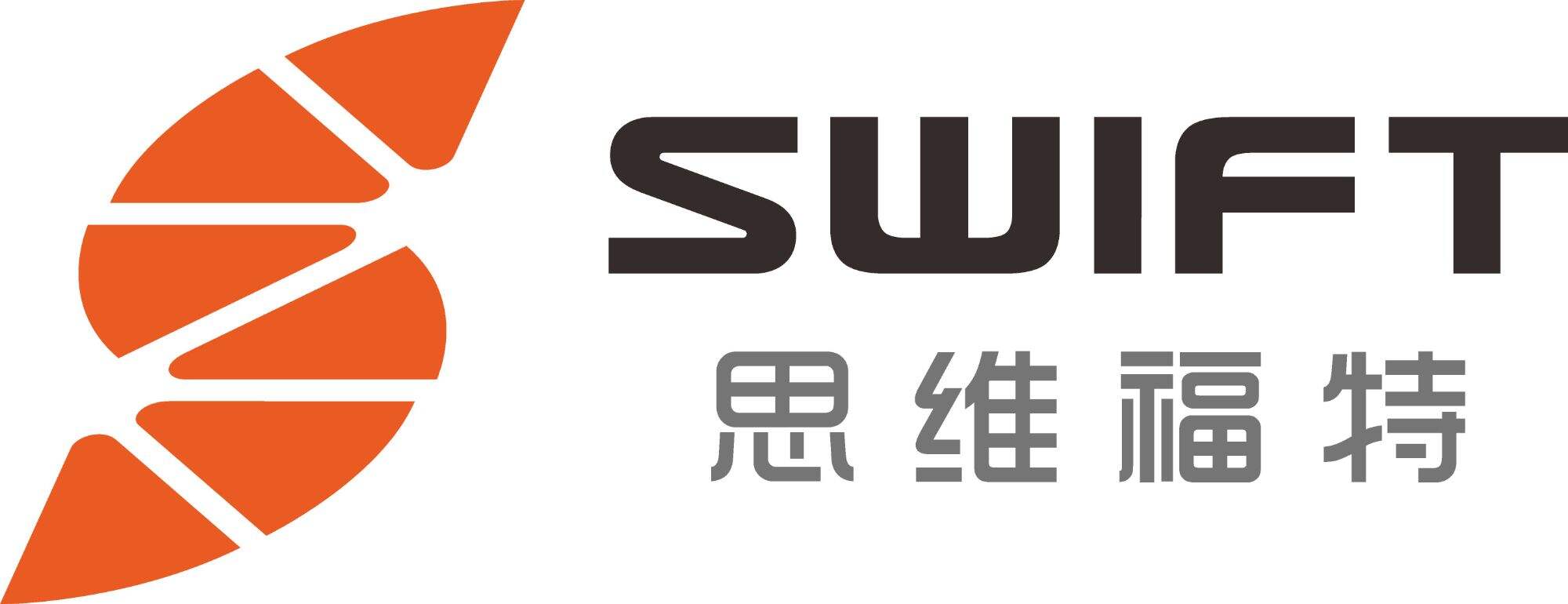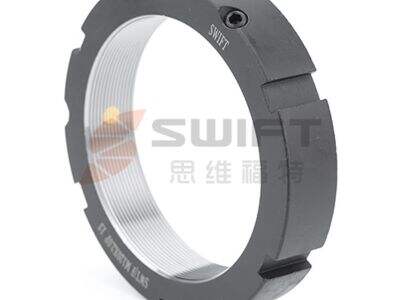Machines consist of very many parts that must work very well together. The teamwork is aided by one tiny part that does a lot of work: the collar lock nut. Lock nuts are tiny, but they do big work. They aid in maintaining everything tight and verify that all machines work rightly and smoothly. We all know that lock nuts are all too easy to overlook, but they play a very important role that makes machines work the way they should.
Lock Nuts: The Secret Sauce that Keeps Your Machines Tight
In machines, many parts must fall in place and act in concert. Lock nuts are vital to keep the screws, bolts, and other components firmly secured. Without hydraulic lock nut, all the components of the machines would become loose and would not perform as intended. When the pieces come loose, the entire machine can fail. That’s what makes lock nuts so important—they ensure that everything remains tight and secure in machines so that they can operate smoothly.
How Lock Nuts Function in Harsh Environments
There are all kinds of places where machines are deployed, and some of those places can be really difficult. For instance, in factories where cars or airplanes are manufactured, the ambient environment can be extremely hot, noisy, and vibrated. Lock nuts are even more critical in these harsh environments. They help prevent parts from loosening, especially necessary when machines experience a lot of stress. Lock nuts use a special wrench that keeps everything glued together so machines are able to operate without any issues.
Types of Lock Nut and Key Features of Lock Nut
Types of Lock Nuts: Each Type of Lock Nut Is for a Different Job Some nutlock nuts, for example, contain a nylon-lined element. These nylon lock nuts are great for areas that aren’t too hot, as they hold very tightly on their own without damaging screws or bolts. Another locking nut is the reversible jam lock nut. You can handle it, put it on and take it off from your feet and it does not come out. These nuts are great for applications where you need to frequently adjust or replace components of the machine. Understanding what kind of lock nut to utilize in various scenarios helps ensure machines run smoothly.
How Lock Nuts Ensure Everything Is Tight
This prevents loosening; lock nuts are especially important. It's all about with friction and tension. Friction: the rubbing or resistance which occurs between two surfaces that are in contact with one another. Tension, however, is the pull that holds something in place. A lock nut creates friction between the screw and itself which prevents the screw from turning when tightened. Meanwhile, the lock nut pulls up against the screw to build tension that keeps everything snug and in order. These two together, friction and tension, are what ensures that machines produce consistently and effectively.
Machine Lock Nut Products by SWT
SWT is a familiar name in the field of lock nut manufacturing for precision machinery. The Materials of the Lock Nut: Their lock nuts are made from high-quality materials that can last long and can easily withstand the test of the severe environments. Different types of lock nuts available at SWT serve different jobs and applications. They manufacture products that are designed to stop loosening, a and key element in maintaining machines. SWT’s lock nuts prove to be an intelligent option for all those who work using machinery in a factory or some other work place and wish that machines do perform consistently.
Lock nuts are a small yet important element in machines operations. They hold parts in place and enable machines to function properly, even in harsh environments. It is important to understand how lock nuts work and what the different types are to use them effectively. SWT has a variety of lock nuts designed to keep machines running, a lock nut will ensure that lots of moving parts stay in place at all time, which makes us the best for people who need their machines to be reliable.


